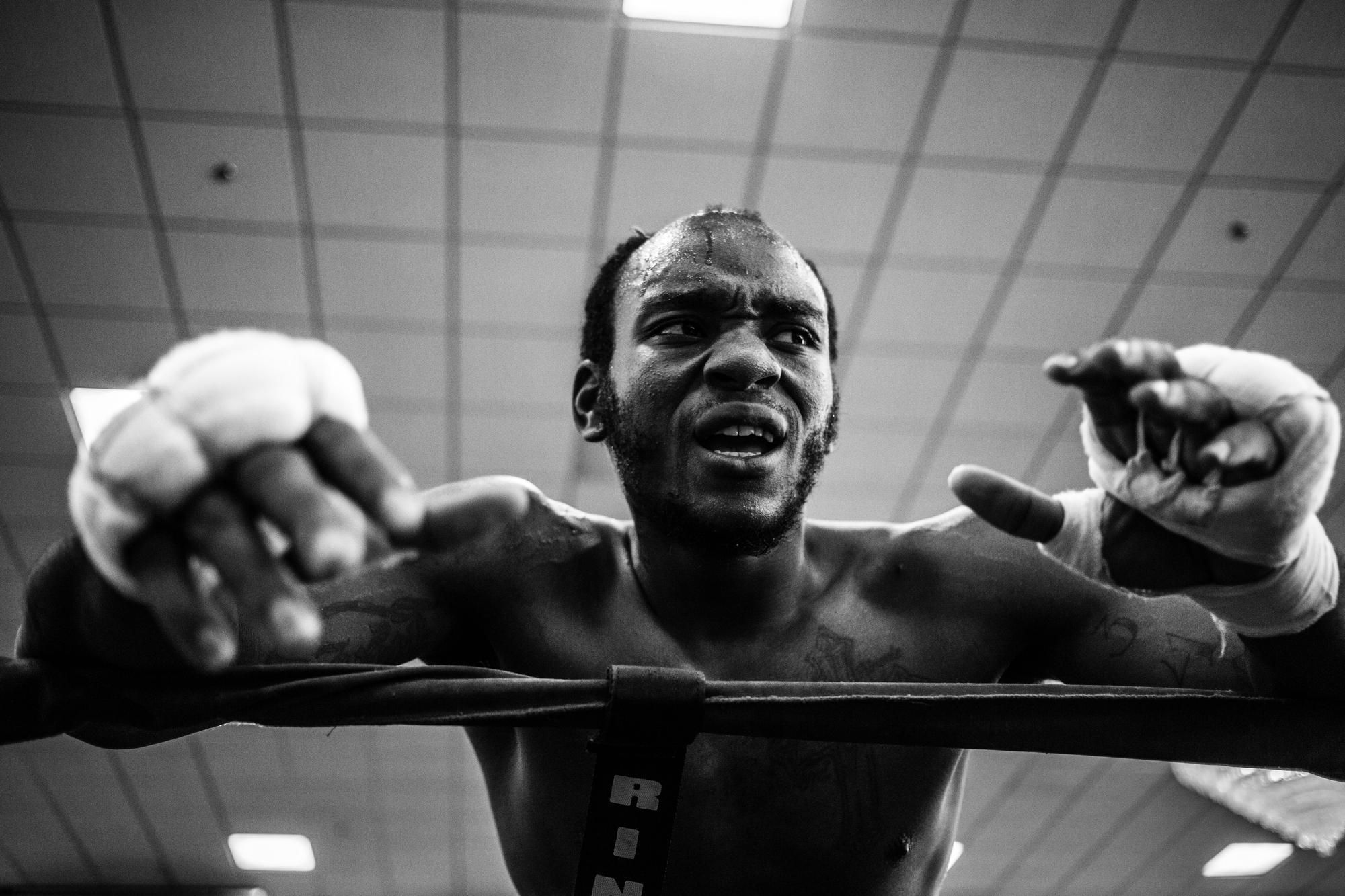Natural Recovery: Cannabis Sponsorships in the Fight World
Cannabis and MMA have always shared a cultural overlap—fighters openly advocating for cannabis use, fans celebrating its lifestyle aspects—but only recently has sponsorship in combat sports become more visible. With rules loosening across promotions and commissions, cannabis brands are entering the octagon in new and creative ways.
Shifting Rules Open Doors
The UFC made a landmark move at the end of 2023 by removing marijuana from its banned substances list. Under the current anti-doping policy, THC is only a problem if used to deliberately boost performance. The organization also transitioned away from USADA, now working with Combat Sports Anti-Doping (CSAD) and Drug Free Sport.
At the state level, Nevada’s Athletic Commission—a major hub for UFC events—voted in late 2024 to take cannabis off its prohibited list entirely. This means fighters in Las Vegas can consume cannabis without penalties, a critical step since Nevada is one of MMA’s busiest markets. Not all states are aligned, though. California still enforces THC thresholds, highlighting the patchwork landscape fighters must navigate.
Brand Sponsorships on the Rise
As stigma fades, cannabis and CBD companies are aligning with fighters and promotions:
- Planet 13 Holdings, a multistate operator, launched a “Fight Club” lifestyle brand in 2024 and signed UFC contender Chito Vera as its first athlete partner. The deal highlights how cannabis firms are creating non-product branding arms to sidestep advertising restrictions.
- Dr. Dabber, a vape technology company, formed a “UFC team” of fighters that included Sean O’Malley, leveraging co-branded product drops to reach fans.
- Fusion CBD Products has sponsored fighters and partnered with promotions like Bare Knuckle Fighting Championship (BKFC), positioning itself as a combat sports wellness brand.
These partnerships often focus on CBD, recovery products, or lifestyle branding, which face fewer legal hurdles than THC-heavy lines.
Fighters Building Their Own Brands
Some athletes have taken ownership by launching cannabis businesses themselves. The Diaz brothers remain pioneers, running Game Up Nutrition and introducing their own cannabis strain, Kill_4209. UFC champion Sean O’Malley has aligned with cannabis culture through branded strains and collaborations, even if he has recently adjusted his personal use for performance reasons.
Late UFC fighter Elias Theodorou also set a precedent when he secured a therapeutic use exemption (TUE) for medical cannabis—the first of its kind in professional sports. His case continues to influence how athletes and regulators view cannabis in competition.
Read more on Sean O’Malley.
Challenges Ahead
Despite momentum, sponsorship is still complicated. WADA continues to prohibit THC in competition, creating risk for fighters competing internationally. State commissions also vary in their enforcement, while broadcasters and event partners often restrict direct cannabis advertising.
Yet public support is trending upward. Recent polling shows that a majority of sports fans are open to cannabis brand sponsorships in major leagues. In MMA, where authenticity is prized, fighters linking with cannabis feels like a natural fit.
Outlook
Expect more cannabis companies to pursue MMA partnerships, especially through lifestyle and recovery branding. Fighters will continue launching their own lines, while promotions may embrace cannabis sponsors to tap into growing consumer acceptance. With regulatory changes accelerating, cannabis brands are no longer outsiders in MMA—they’re becoming part of the fight culture itself.

